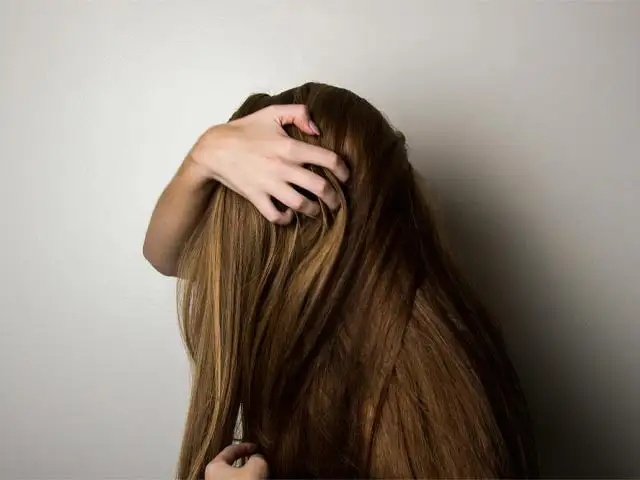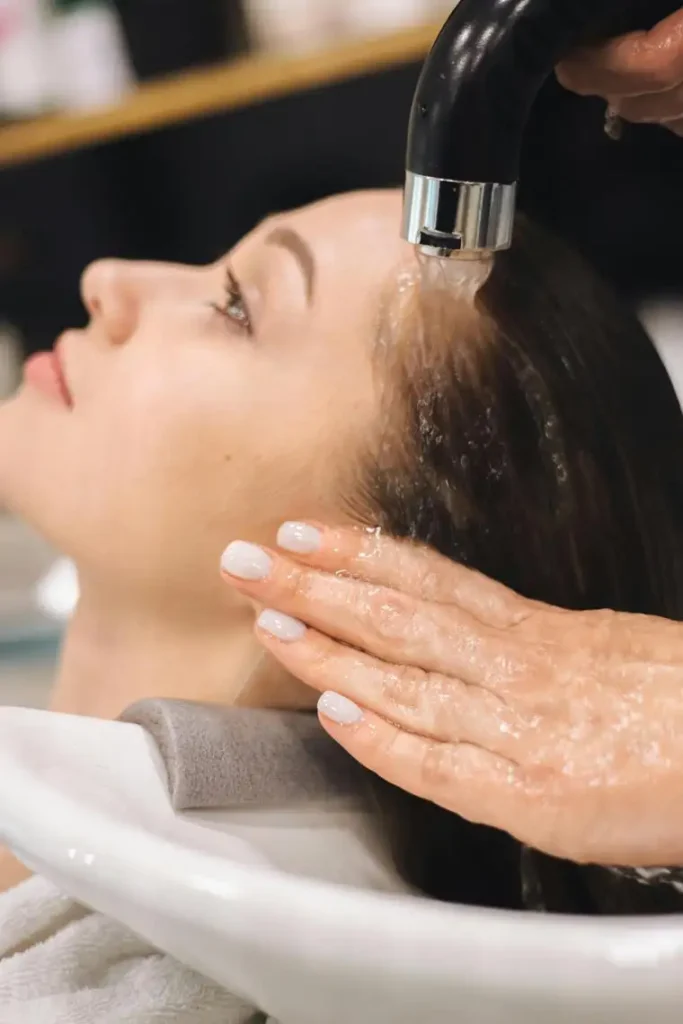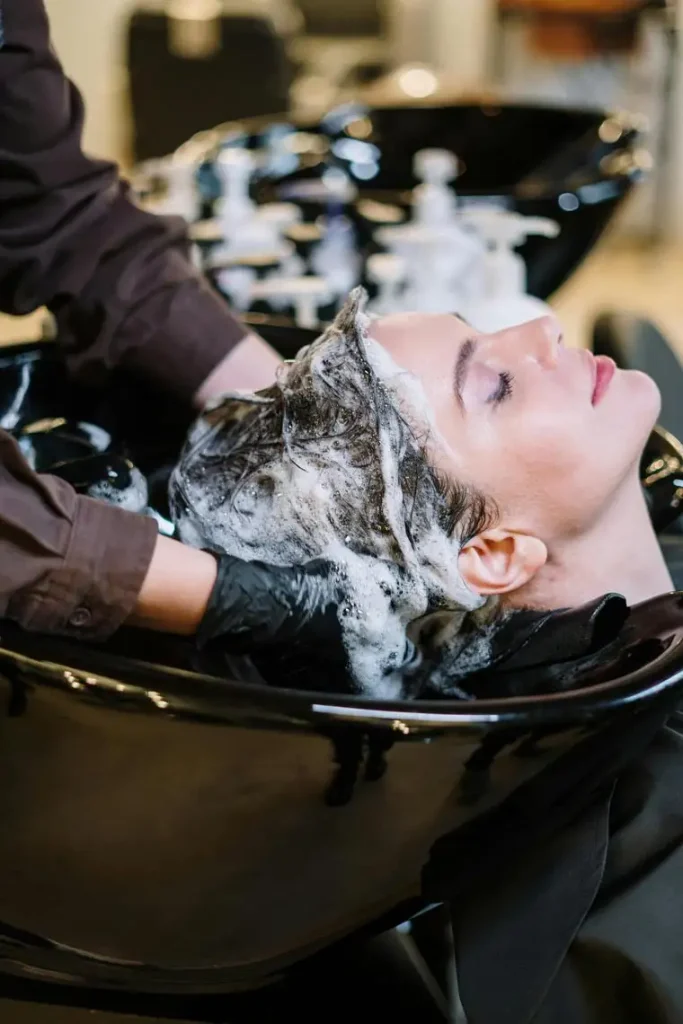Dandruff Myths Vs Facts: 10
Things to Stop Believing
Dandruff Myths Vs Facts: 10
Things to Stop Believing

Dandruff is one of those scalp issues that makes the scalp flaky and itchy, which might happen due to the wrong diet, not washing the hair properly, or when you are close to someone else. Whereas the truth is dandruff isn’t caused by any of these, whether it's from poor hygiene or bad habits. It’s one of the common skin conditions that can affect anyone, no matter how clean or healthy you are. Myths about dandruff make people feel unnecessarily self-conscious.
Here are 10 common myths that one must stop believing and know the real truth behind them.

Hair Wash
It's a belief and myth that dandruff appears when one doesn't wash their hair properly. You could be someone who washes their hair daily with proper care and hygiene, but you still notice dandruff flakes on your shoulders; it's because of the buildup. Dandruff is linked to an overgrowth of a natural scalp fungus, where irritation or sensitivity to certain hair products happens, even to the scalp that’s more prone to dryness or inflammation. Just like the face on the skin, the scalp also has its own balance to maintain; when that balance is disturbed, the dandruff happens to show up. Which means your scalp needs extra care and treatment.

Dry Scalp
Many people assume with dry scalp, dandruff seems to appear, but the real thing is your scalp is dry due to lack of moisture. Which leads to white flakes that fall off easily. It's often linked to excess oil on the scalp and an overgrowth of natural fungus, which makes the scalp feel itchy and flaky at the same time. The flakes from dandruff are usually larger, sometimes yellowish, and they tend to stick to the scalp or hair because of the oil. Try to care for your hair by giving it extra hydration and taking gentle care of your hair using targeted treatments like medicated shampoos to bring in the control.

Dandruff is Contagious
There’s a belief that dandruff can be transferred from one another, and the people having white flakes are found to be insecure about having dandruff, feeling what others might think. The truth is dandruff isn’t contagious, as it is not caused by germs that can be spread person to person. Instead, it’s the result of factors within your own scalp, such as an overgrowth of the naturally occurring fungus, which leads to sensitivity to hair products, or an imbalance in the scalp’s oil production. Every person’s scalp is different, which is why two people can use the same shampoo or live in the same household, and only one of them develops dandruff. Which is simply a skin issue that happens to people, which requires scalp care, not isolation.

Affects Only To Adults
It's easy to believe that dandruff only affects the adults, but the truth is it can affect anyone. Teenagers often experience dandruff during puberty because of hormonal changes that increase oil production, making the scalp more prone to irritation and fungal growth. Even children can develop dandruff differently in a form of dandruff. Which, of course, dandruff commonly affectsadults. It's not reallyabout age but because of scalp condition, oil balances, and sensitivity, which can happen at any stage of life.

Natural Remedies
Using natural remedies, like massaging the scalp with coconut oil, applying lemon juice, or even using aloe vera gel, is believed to cure dandruff. While these natural treatments can sometimes soothe the scalp and provide temporary relief, they don’t always address the root cause of dandruff. That’s because dandruff is often linked to fungus, oil imbalance, or inflammation, which usually requires active ingredients to bring under control. Medicated shampoos with compounds like zinc or salicylic acid are specifically designed to target those issues and reduce flakes effectively. So, use natural remedies for comfort and overall scalp health, along with medicated solutions.
